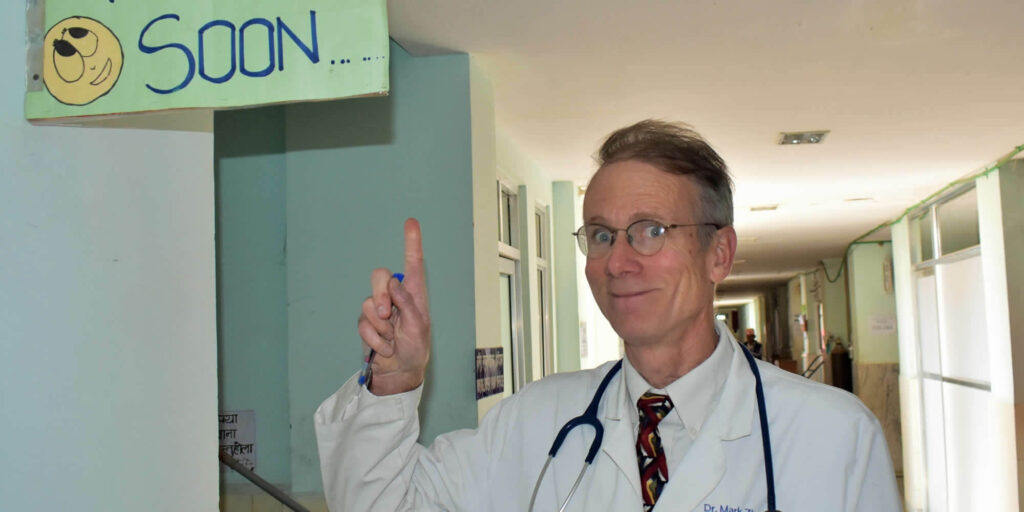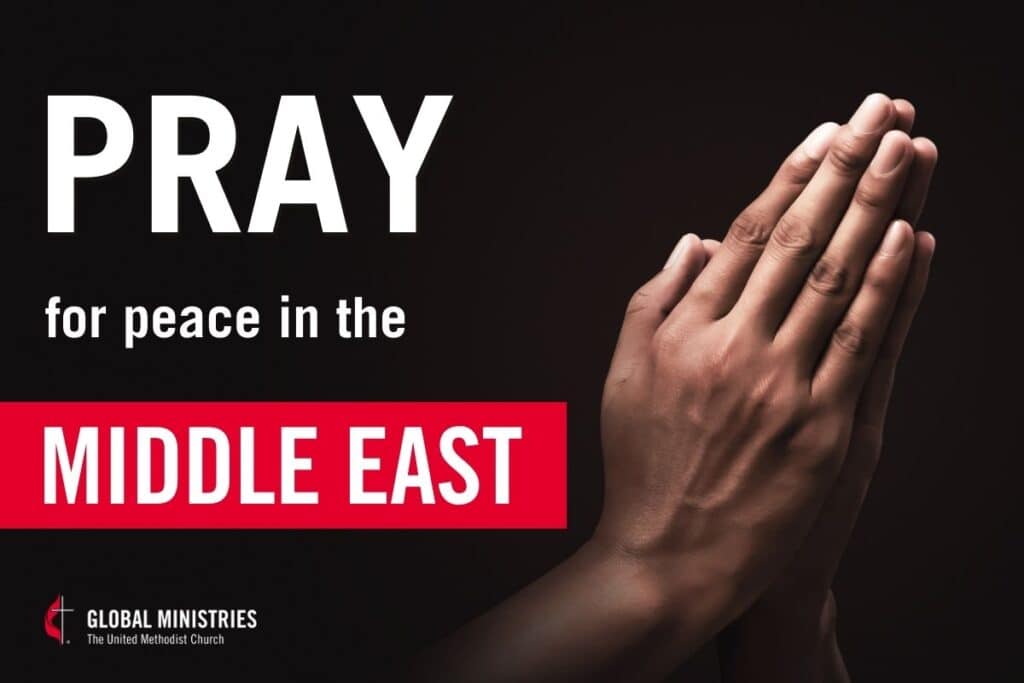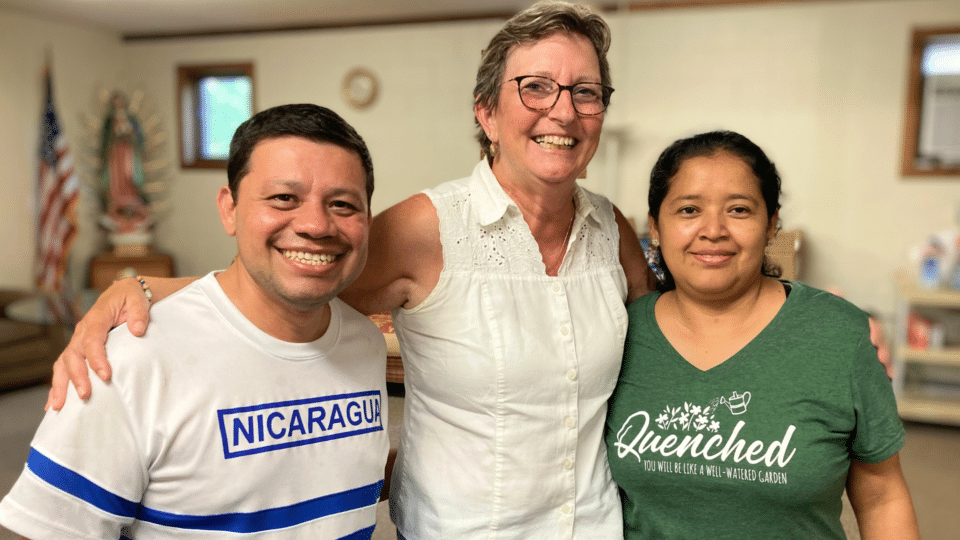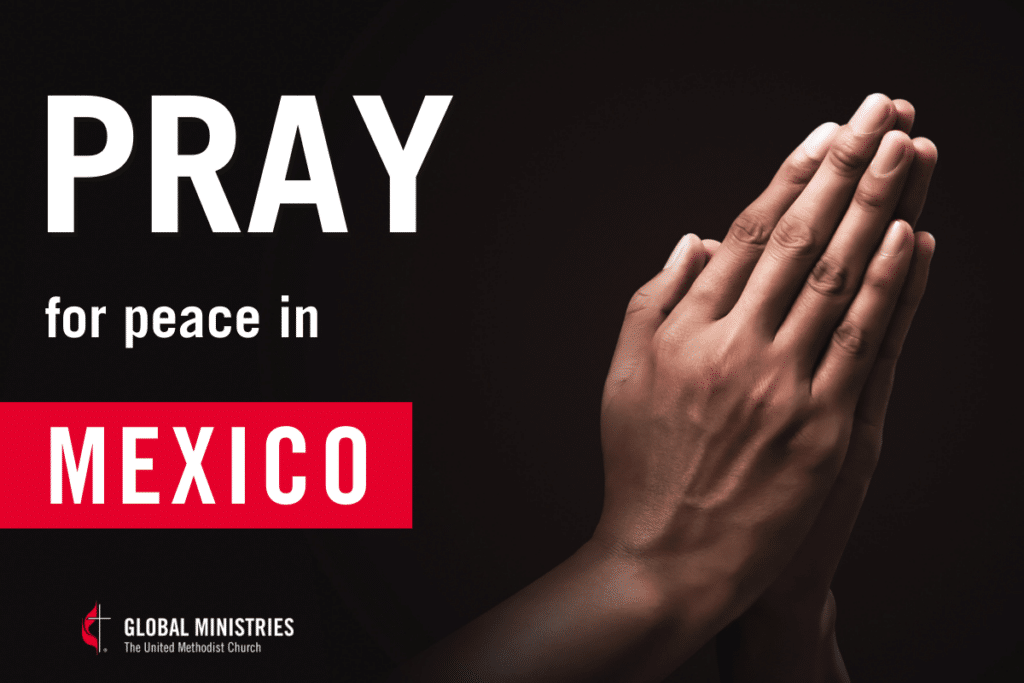KATHMANDU, NEPAL — When I first met Hari* he was a strapping lad whose face was flushed with fever. He’d just come in to our ward from a small hospital about 100 miles to the west of Kathmandu. Various antibiotics had done nothing to relieve his fever or the burning in his throat, which was tender to my touch.
Most patients with COVID-19, especially 23-year-olds like Hari, get better quickly, but that was not to be his course. Sore throat led to cough and shortness of breath; within a week his breathing gave out and we put him on a ventilator. There he stayed for 24-hour days leading to weeks. His oxygen level remained low. His fever roared on despite one antibiotic after another. He remained unconscious for nearly a month, during which we informed his family by phone of the likely poor outcome.

The section of the Intensive Care Unit at the Patan Hospital dedicated to COVID-19 patients. PHOTO: MARK ZIMMERMAN
But even as neighboring patients on ventilators succumbed, Hari hung on. His oxygen level nudged upwards. One day his eyes flickered open and later that week he began to move his arms and legs. Because he was still too weak to breathe on his own, he required a tracheostomy, transferring the breathing tube to a hole in the front of his neck. Despite all this, when I saw him on rounds, his glad face now radiated amidst the gloom of the ICU.
Retesting found no sign of Coronavirus, so we shifted Hari over to the non-COVID part of the hospital. Yesterday I saw him there on rounds, still attached to a ventilator, but able to eat and motion with his hands. I noticed something peeking out from under his pillow and slid free a pocket-sized book with a frayed, faded blue cover.
“What’s this, Hari?” I asked, though with his neck tube, he couldn’t reply.
“A Bible,” the nurse interjected.
“Really? Are you a Christian?!”
“No, but a Christian friend left it there for him.”
Occasionally, I’ll come back to pray with a patient, but not to read the Bible with them. I guess I felt it might confuse them about my role and I see my opportunity to minister as a Christian doctor. But this time something nudged me.
After rounds, when there was no one else at his bedside, I came back to Hari. I asked him if I could read something from his Bible, to which he smiled. His scraggly-bearded
face was gaunt, and a knitted wool cap mushroomed up and tilted to one side. I turned the worn pages until I came to the 23rd Psalm, highlighted in yellow.
“This is about how God is our shepherd, how he looks after us as a shepherd cares for his sheep.” I glanced at Hari and he nodded.
As I read the words – Param prabhu mero gautaalo my shepherd … lie down in green pastures … still waters … paths … goodness and mercy follow me… – I made brief explanatory asides to Hari. But as I went on, I realized this gentle, grateful fellow lying still in the bed beside me had walked the very paths himself. When before had I read these words with someone who’d just experienced their gravity?
“Though I walk through the valley of the shadow of death, I will fear no evil, for you are with me.”
I asked Hari if I could pray with him and he seemed okay with that. I thanked the Lord for accompanying His son, for taking him by the hand over the most harrowing of journeys and bringing him into the light of a new morning. The half-eaten apple and opened packet of biscuits, the glass of milk cluttering Hari’s bedside table had been prepared in the presence of his enemies. I stood, looked over, and let his smile wash over me once more.
*Name changed.
Dr. Mark Zimmerman has served as a medical missionary in Nepal since 1986 in different roles. Currently, he is a senior consultant and professor at Patan Hospital and its medical school, the Patan Academy of Health Sciences in Kathmandu. His wife Dierdre is a missionary serving as a nutritionist at Patan Hospital.




